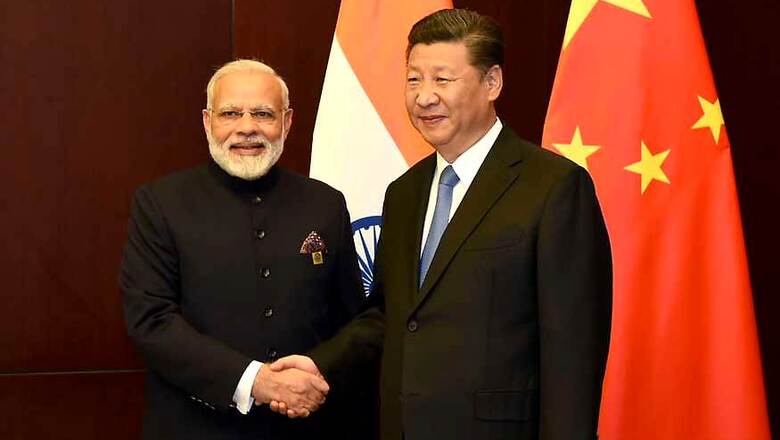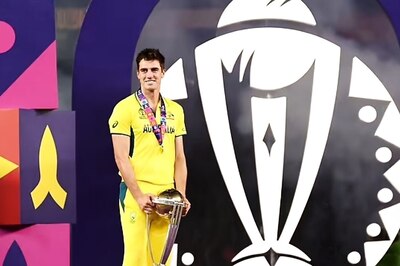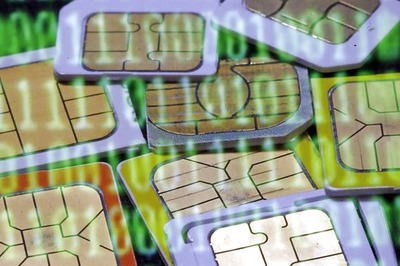
views
New Delhi: The 71-day standoff between India and China finally came to an end on Monday after both sides decided to withdraw troops from Doklam. After some initial quibbling on the phraseology used by both sides, it is now clear that this is a "mutual disengagement". This has been physically verified by on-ground personnel by both the Defence Ministry and the Ministry of External Affairs.
News18 can now piece together the sequence of events in the last two months on how the disengagement process began:
It started in the first week of July when the Prime Minister Narendra Modi met Chinese President Xi Jinping on the sidelines of the Hamburg G20. Though the "pull-aside" meeting lasted just a few minutes, the Prime Minister took the opportunity to bring up Doklam and reminded Xi of the Astana consensus wherein both leaders had agreed just to not let "differences become disputes". Xi then turned to his State Councillor and Foreign Minister Yang Jiechi to find a peaceful resolution to Doklam.
Xi explicitly congratulating and thanking India for a successful hosting of the BRICS summit last year emboldened the Indian side that Xi would do nothing to jeopardise China’s hosting of BRICS later this week in Xiamen. It was clear that Xi had personally invested a lot into hosting a successful BRICS summit. Someone in the delegation also brought up Xi’s speech at the World Economic Forum in Davos earlier this year where he appeared like a statesman wanting to take up cudgels on behalf of globalisation, at a time when both in the US and in Europe the idea of globalisation had taken a huge beating.
Later that month, National Security Advisor Ajit Doval travelled to Beijing for the BRICS NSAs meeting. There was a lot of tension on whether he would get a separate standalone with his Chinese counterpart. Not only did he swing one, the meeting also went surprisingly well. It carried on for longer than anticipated. At that meeting both sides agreed, in principle, to disengage.
After Doval returned to Delhi, he along with the Foreign Secretary, held multiple meetings with the Chinese Ambassador Luo Zhaohui to work out the details of the disengagement. Later in the month of August, the diplomats gave way to the Army commanders, the head of the Eastern Command for India and the head of the Tibet Military Command for the Chinese. Eventually the nitty-gritties of the disengagement were agreed upon by both military commanders.
News18 has also separately learnt that at one point in the negotiations, the Indian side clearly told the Chinese that unless Doklam is resolved, the Prime Minister could even actively consider not going for BRICS. If that were to happen, then it would not only be a personal loss of face for Xi Jinping, it would also mean no summit will take place, as the BRICS charter states that all five heads of government have to attend for a summit to take place.
After India’s boycott earlier this year of the Belt and Road Initiative (BRI) Forum, another of Xi’s personal pet projects, this would have meant an irreparable deterioration in ties. The Chinese had also realised by then that they had raised the pitch of their rhetoric to such a high level, they needed a face saver. India was offering just that.




















Comments
0 comment